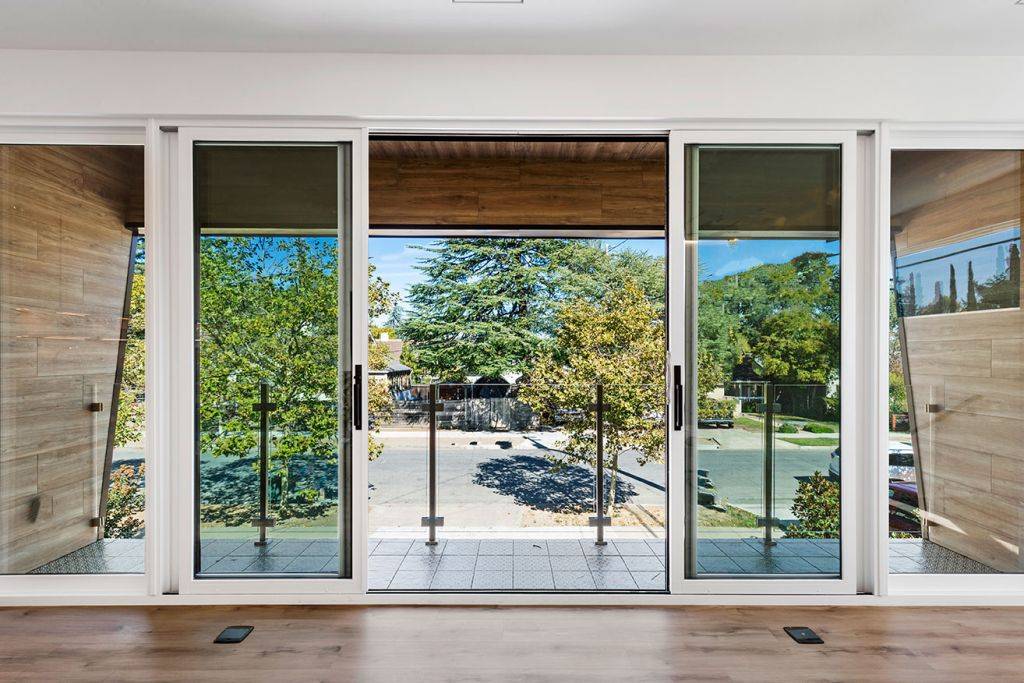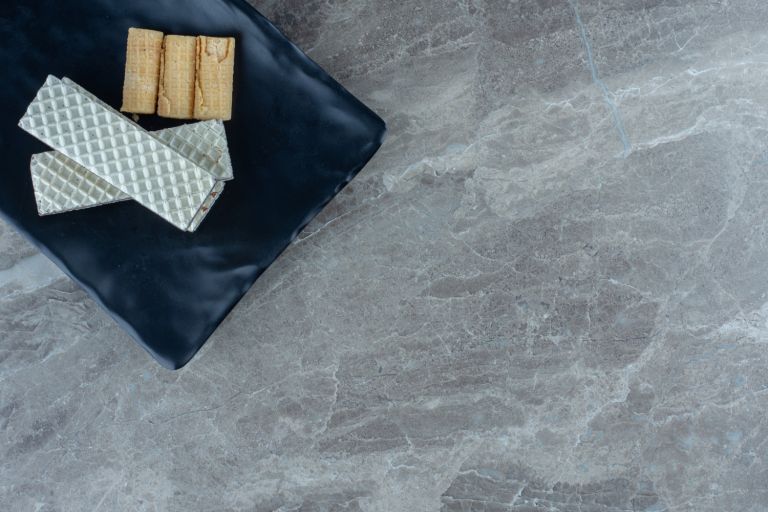A lot of people have heard about smart windows, but not many know exactly what they are. Smart Glasses are an emerging technology that is constantly pushing the limits of what a mere window can do for your home. If you’re wondering what are smart windows and how they can help you reduce energy costs, this blog is for you. In this post, we have covered all aspects of Smart windows including design inspiration and benefits.
What Is A Smart Window?
Smart windows are windows that automatically adjust their tinting levels based on the amount of sunlight they receive. This helps reduce energy costs while still allowing enough light into the room. They work by using sensors to detect the amount of sunlight entering the window. When the sensor detects too much sunlight, the window begins to darken. As the sun moves away from the window, the sensor adjusts the level of darkness accordingly.
There are two types of smart windows, i.e.;
- Manual
- Automatic
Manual controls allow users to manually adjust the amount of darkness the windows receive. Automatic controls let users program the windows to automatically adjust the darkness based on the amount of daylight received. Smart windows are typically controlled through a smartphone app. Once installed, users can control the amount of darkness the window receives. Users can also choose between different shades of darkness to maintain stillness in their space.
From modernism to security, the potentiality of smart windows is just endless. Smart windows are not just about security. They can help save energy, reduce heating bills and even lower air conditioning costs. They can also provide an extra level of comfort and convenience. For example, you could choose to turn down the temperature in your house when you leave for work, or automatically adjust the blinds to let in light during the day.
How Smart Windows Help You Save Energy?
Smart windows are self-regulatory and automatically adjust their temperature settings to match the weather outside. Smart windows also save money because they don’t need to run an air conditioner all day long. Integration of smart glasses across your building will also make the building energy-efficient and comfortable to live in. Smart windows allow air to enter or leave the room depending on the climatic conditions. This helps reduce energy consumption because less heat escapes through the windows when they are closed.
Smart glass windows use an electrochromic system instead of a photochromic system to control the temperature of your space. Electrochromic windows change their tint automatically depending on the light conditions around them. Instead of manually adjusting your window every time you leave or enter your room, smart glass windows will adjust themselves. They are also energy efficient because they consume less electricity when not opened, in comparison to regular windows.
When closed, they also block out harmful UV rays while letting in natural daylight. The average American household spends approximately $1,000 per year on heating and cooling their homes. A study conducted by the U.S. Department of Energy found that installing double-paned windows could save homeowners between 10% and 20% on their annual heating costs. Specialized smart glass that regulates the temperature of the space, definitely makes buildings more energy-efficient — only if costs and intricacies of technology don’t get in the way.






